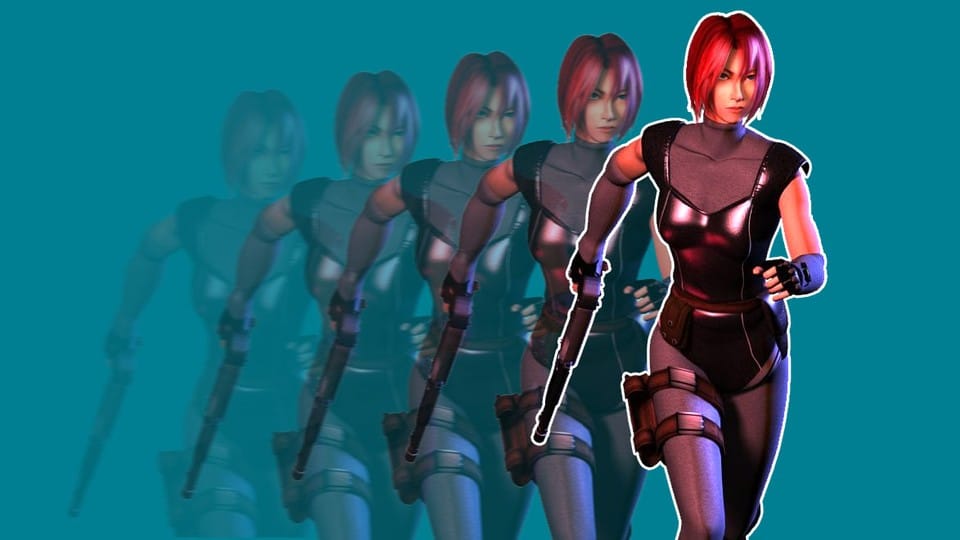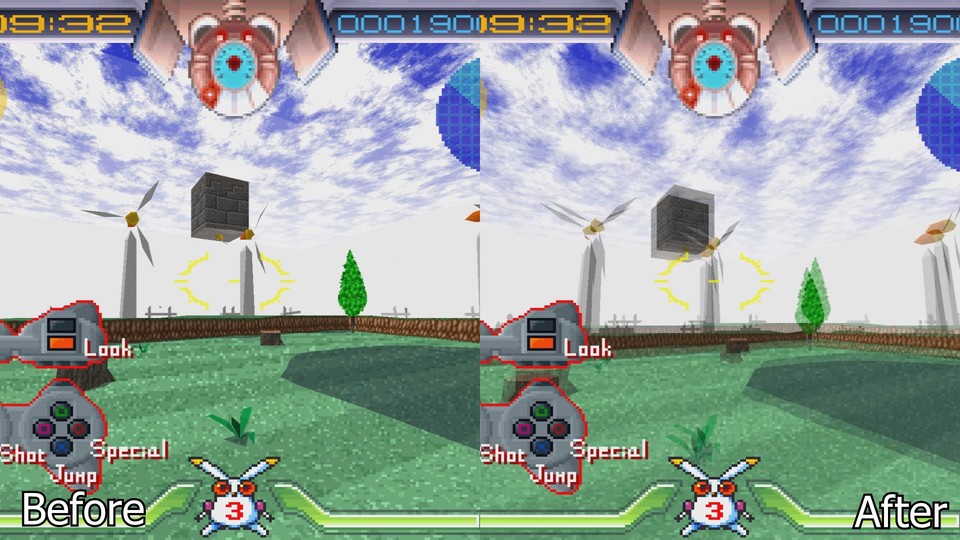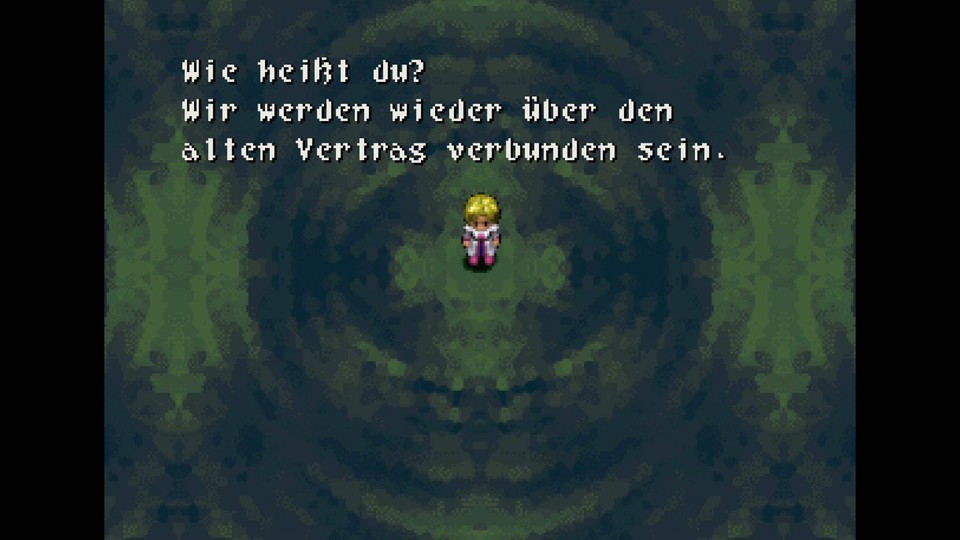Jerky PS1 classics in PS Plus: Sony’s rescue attempt was a complete failure


Sony’s approach to the PS1 game framerate issue is… special.
While we still have to wait until June 23 for the new PlayStation Plus, the transition is already being made in other territories. Of course, interested users did not miss the launch in Southeast Asia on May 23rd to get an initial overview of the service.
We also took a look:
more on the subject
First impression of the new PS Plus: A good service with a half-hearted premium offer
Our biggest criticism was the weak implementation of the PS1 and PS2 classics included in PlayStation Plus Premium – the most expensive subscription level. Some PS1 games were particularly negative, since European versions served as the basis for the new releases.
Games that were released for the then applicable PAL standard run slower than the original and jerk on modern televisions because they are only output at 25 or 50 frames per second. Such frame rates are distributed very unevenly in a 60 Hz signal, which makes the games appear very jerky.
You can find our tests here:
more on the subject
Disappointing start for PS1 fans: many classic games run slowly and jerkily on PS Plus Premium
A new patch makes things worse
Jumping Flash!, Everybody’s Golf, and Intelligent Qube have all received updates to fix frame rate issues. In fact, 60 frames per second are now output, but the additional frames are not actually rendered images, but are transitions.
These transitions are designed to simulate fluid motion by making affected objects transparent and duplicating them at multiple points. As a result, they also leave clear traces on the screen, which are referred to as ghosting.
This is how the effect looks in the PS1 games:

As the Twitter channel Windy Corner TV reports and also shows, the entire screen is affected by strong ghosting. (Image: @windycornertv on Twitter)
Ghosting is extremely noticeable at low framerates – as PS1 games tend to be – so the updates are unlikely to appease those hot tempers.
Sony will not change anything on the previous releases
Using the American and Japanese NTSC originals would probably be the best and easiest solution, but players in Asia would then lose their saves. Sony will probably not dare to take this step, as it could cause even more trouble, but the more playable NTSC versions could be used directly for market leadership in other territories.
How about the voice acting? NTSC versions mostly appeared in English only. German players would therefore not be able to enjoy their favorites as they did back then.

PAL versions would at least have the advantage of German localization if the title was translated at the time. (Image: Wild Arms)
A good alternative would be to release both the PAL and NTSC versions either as individual titles or combined as a bundle. Then we as players would at least have the choice between the German localization or better playability.
It starts in Germany on June 23rd
Whatever Sony decides, we’re eagerly awaiting. Hundreds of titles are planned for launch, including many that are not yet included in the Asian conversion. Here you can see which games should offer PlayStation Plus Extra & Premium.
Are the classic titles a decisive factor for you?
Reference-www.gamepro.de

